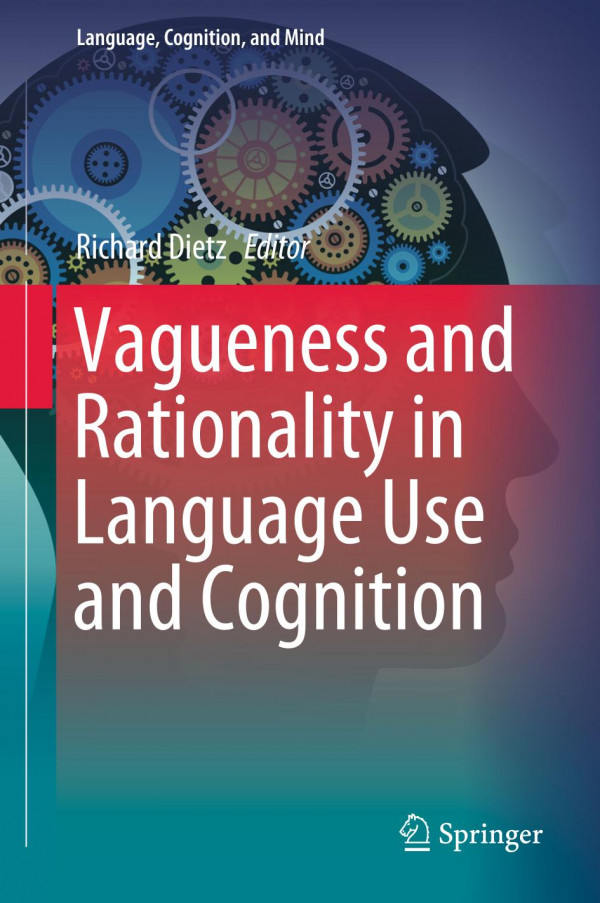

Most ebook files are in PDF format, so you can easily read them using various software such as Foxit Reader or directly on the Google Chrome browser.
Some ebook files are released by publishers in other formats such as .awz, .mobi, .epub, .fb2, etc. You may need to install specific software to read these formats on mobile/PC, such as Calibre.
Please read the tutorial at this link: https://ebookbell.com/faq
We offer FREE conversion to the popular formats you request; however, this may take some time. Therefore, right after payment, please email us, and we will try to provide the service as quickly as possible.
For some exceptional file formats or broken links (if any), please refrain from opening any disputes. Instead, email us first, and we will try to assist within a maximum of 6 hours.
EbookBell Team

4.0
6 reviewsThis volume presents new conceptual and experimental studies which investigate the connection between vagueness and rationality from various systematic directions, such as philosophy, linguistics, cognitive psychology, computing science, and economics. Vagueness in language use and cognition has traditionally been interpreted in epistemic or semantic terms. The standard view of vagueness specifically suggests that considerations of agency or rationality, broadly conceived, can be left out of the equation. Most recently, new literature on vagueness has been released which suggests that the standard view is inadequate and that considerations of rationality should factor into more comprehensive models of vagueness. The methodological approaches presented here are diverse, ranging from philosophical interpretations of rational credence for vagueness to adaptations of choice theory (dynamic choice theory, revealed preference models, social choice theory), probabilistic models of pragmatic reasoning (Bayesian pragmatics), evolutionary game theory, and conceptual space models of categorisation.